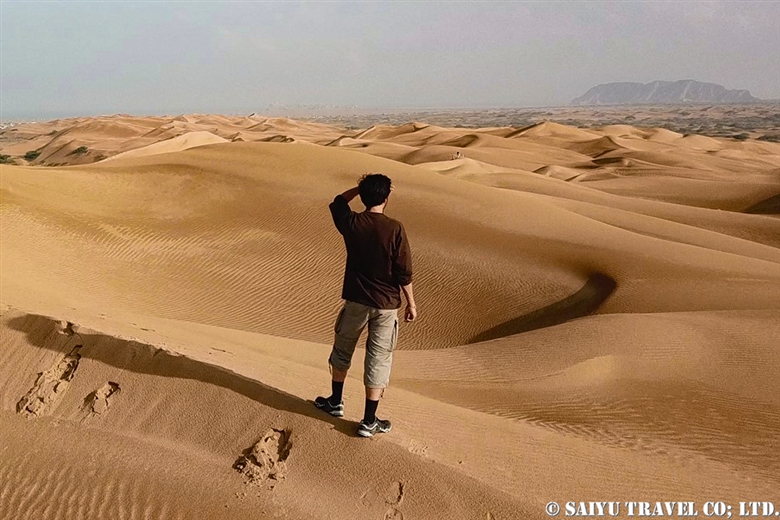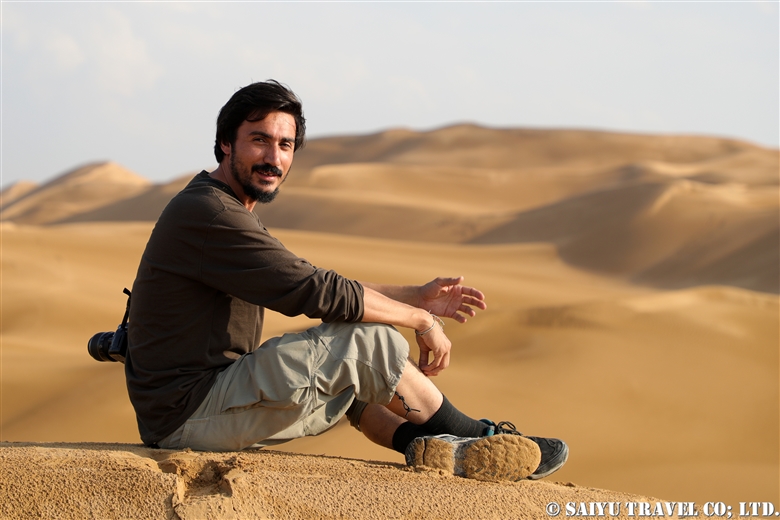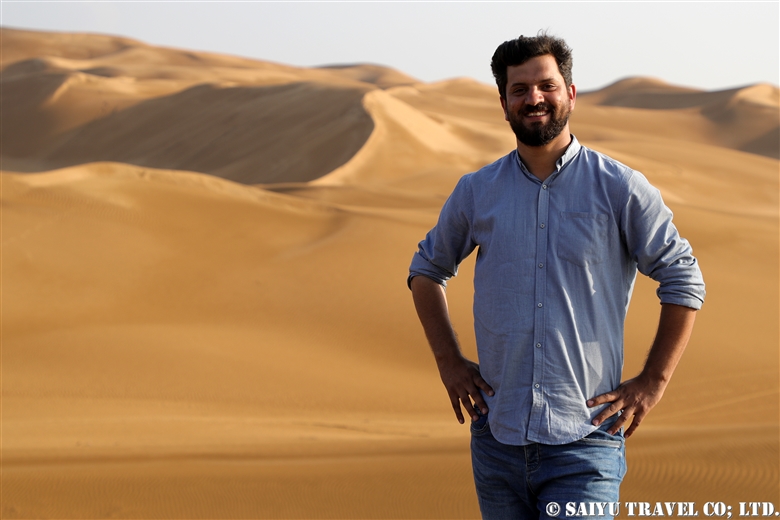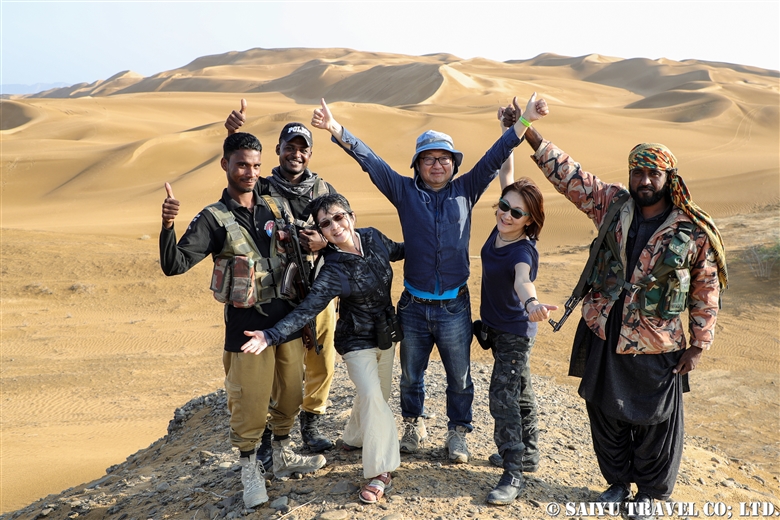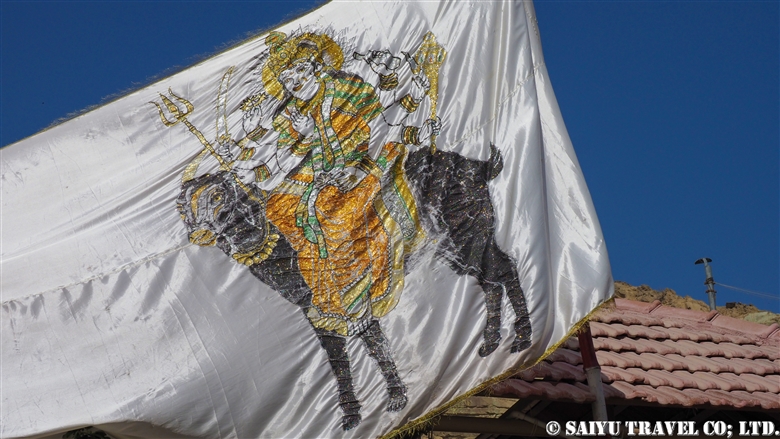
Pakistan, a country created for Muslims in the name of Islam.
However, there are Hindus and other religious minorities living in Pakistan and undoubtedly there are Hindu temples for Hindus to worship.
From the outset, I was confounded when a typical looking Pakistani man wearing shalwar kameez came to me and said, “Yes, I’m Hindu”.
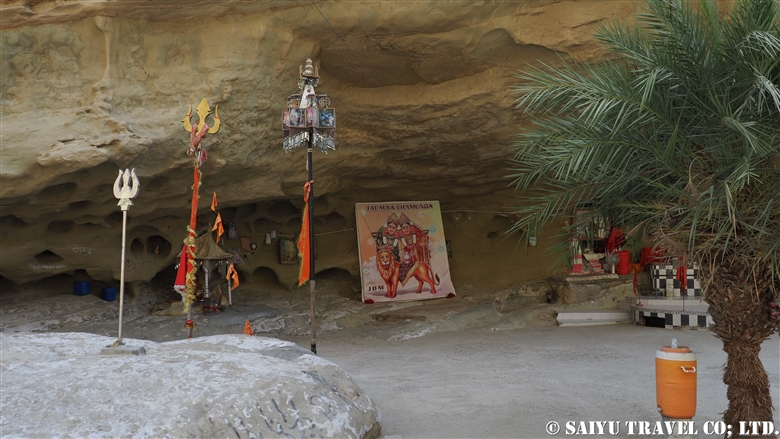
Nani Mandir – also known as Hinglaj Mata – a Hindu Temple in Hingol National Park, Balochistan. It is a popular and sacred pilgrimage site for Hindus living in Pakistan.
Moreover, it is said that about 40,000 pilgrims come every year during the April pilgrimage season. A stunning number which can ideally increment if Pakistan India relations show signs of improvement.
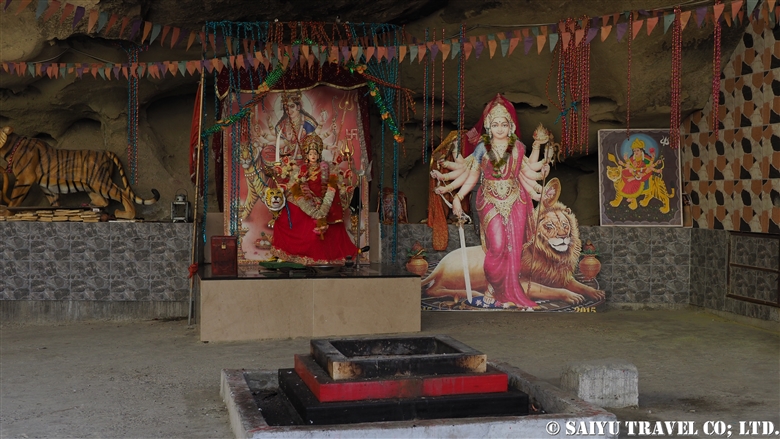
It was said that 14% of the Pakistani population were Hindus and Sikhs before the partition of the subcontinent in 1947.
Numerous Hindus relocated to India during this period and the Hindu populace tumbled to 1.6%.
According to Pakistan-Hindu Council currently, 8 million Hindus live in Pakistan. It is the second-largest religious group in Pakistan, accounting for 4% of Pakistan’s total population of 200 million. Notably, 94% of them live in Sindh.
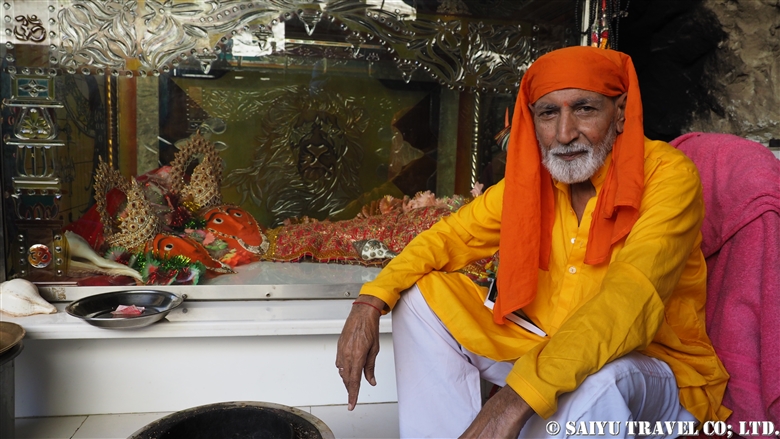
When we visited the hallowed Nani Mandir, the priest briefed us about the Hindu faith, the temple’s history and the great pilgrimage of spring.
Hinduism in Muslim dominating Pakistan … It was a new discovery.
Photo & Text : Mariko SAWADA
Visit: Nov 2018, Nani Mandir / Hinglaj Mata – Hingol National Park, Balochistan
Category : - Hingol National Park > ◆ Balochistan > - Makran Coast
Tag : Saiyu Travel Pakistan , Balochistan , Hindu in Pakistan , Hindu Temple in Pakistan , Balochistan Tour , Hinglaj Mata , Pakistan Travel company , Hingol National Park , Pakistan tour operator , Nani Mandir , Pakistan Photography Tour , Pakistan Blog , Pakistan Travel Blog , Indus Caravan























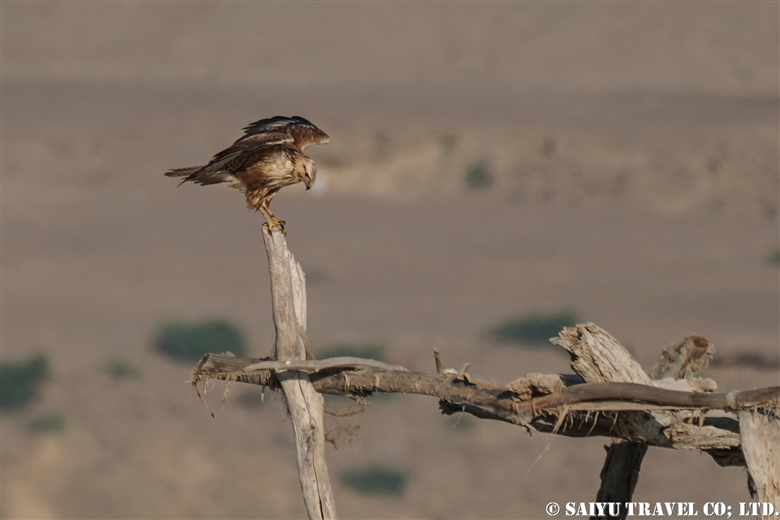

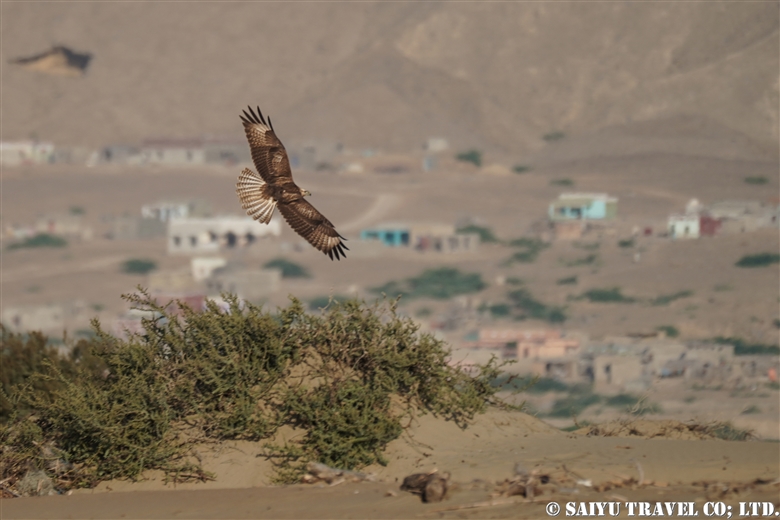
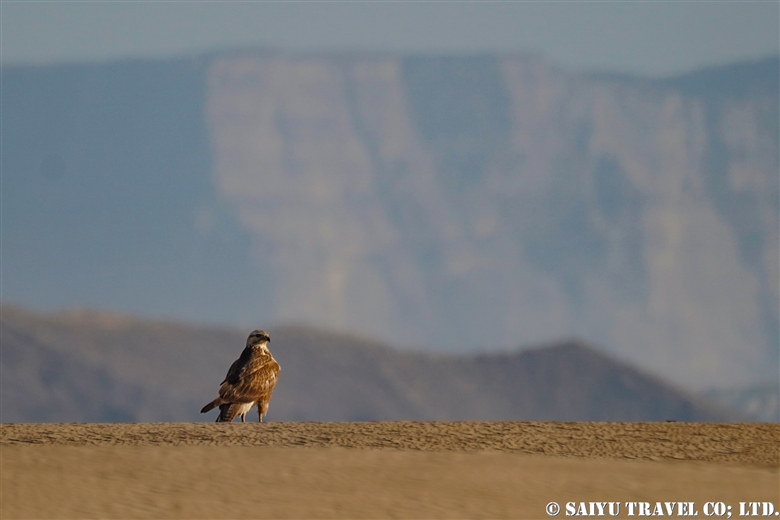
Mud-Volcano-Explorer|西遊旅行.jpeg)















